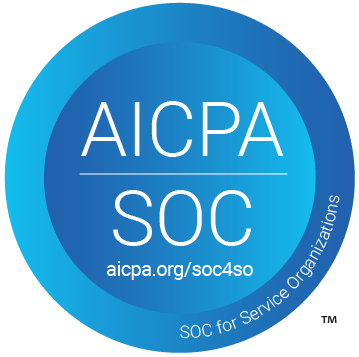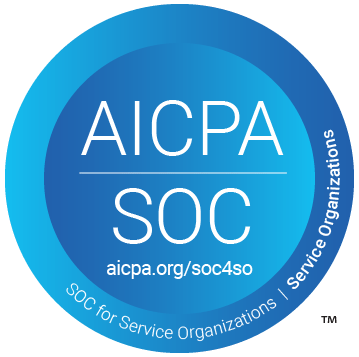Learn how to automate sending Google Chat messages for new Facebook leads using Pabbly Connect. Follow this step-by-step tutorial for seamless integration. Discover how to seamlessly connect your essential tools through accessible instructions that make powerful automation available to professionals at every skill level.
Watch Step By Step Video Tutorial Below
1. Setting Up Pabbly Connect for Facebook and Google Chat Integration
To begin sending Google Chat messages for new Facebook leads, first, access Pabbly Connect. This platform enables seamless automation between applications without any coding. Start by visiting the Pabbly Connect landing page and sign up for a free account.
Once logged in, navigate to your dashboard and click on the ‘Create Workflow’ button. Here, you can name your workflow, for instance, ‘Facebook Leads to Google Chat’. After entering the name, click on the ‘Create’ button to proceed to the workflow setup page.
2. Configuring the Trigger for New Facebook Leads
In this step, you will set up the trigger for your automation using Pabbly Connect. The trigger application will be Facebook Lead Ads, and the event will be a new lead. Click on the trigger field, select Facebook Lead Ads, and choose the ‘New Lead’ event.
- Select Facebook Lead Ads as the trigger application.
- Choose ‘New Lead’ as the trigger event.
- Click on ‘Connect’ and add a new connection with Facebook.
After connecting your Facebook account, select the Facebook page where your lead ads are running. Then, choose the specific lead ad form you want to use. This setup allows Pabbly Connect to capture details from new leads generated through your Facebook ads.
3. Generating a Test Lead to Capture Data
To ensure your workflow works correctly, you need to generate a test lead. In the Facebook Lead Ads testing tool, select your page and the lead ad form. Click on ‘Preview’ to view the form, then fill it out to create a test lead.
Once the form is filled out with test details, click on ‘Submit’. After submission, return to Pabbly Connect and click on ‘Save and Send Test Request’. This action fetches the details of the most recent lead, which will be used in the subsequent steps.
4. Setting Up Google Chat Action in Pabbly Connect
Now that you have captured the test lead details, it’s time to set up the action step in Pabbly Connect. Select Google Chat as the action application and choose the ‘Create Message’ event. Click on the ‘Connect’ button to link your Google Chat account.
- Select Google Chat as the action application.
- Choose the ‘Create Message’ event.
- Input the chat webhook URL to connect Google Chat.
To obtain the chat webhook URL, go to your Google Chat application, navigate to the specific space, and set up an incoming webhook. Once you have the URL, paste it into the corresponding field in Pabbly Connect. This allows you to send messages directly to your Google Chat space whenever a new lead is generated.
5. Customizing the Message for Google Chat
In this final step, you will customize the message that will be sent to your Google Chat team. In the message field, craft a message that includes lead details. For example, you might write, ‘Hello team, we have just received a new lead via Facebook lead ad. The details are as follows:’ and then map the captured lead data into the message.
To map the details, click on the fields in the message template and select the corresponding data from the test lead. After configuring the message, click on ‘Save and Send Test Request’ to send a test message to your Google Chat space. This confirms that your integration is working correctly through Pabbly Connect.
Conclusion
Using Pabbly Connect, you can easily automate the process of sending Google Chat messages for new Facebook leads. This integration allows you to stay instantly informed about new leads, enabling timely follow-ups and improved lead nurturing.
Ensure you check out Pabbly Connect to create business automation workflows and reduce manual tasks. Pabbly Connect currently offer integration with 2,000+ applications.
- Check out Pabbly Connect – Automate your business workflows effortlessly!
- Sign Up Free – Start your journey with ease!
- 10,000+ Video Tutorials – Learn step by step!
- Join Pabbly Facebook Group – Connect with 21,000+ like minded people!






